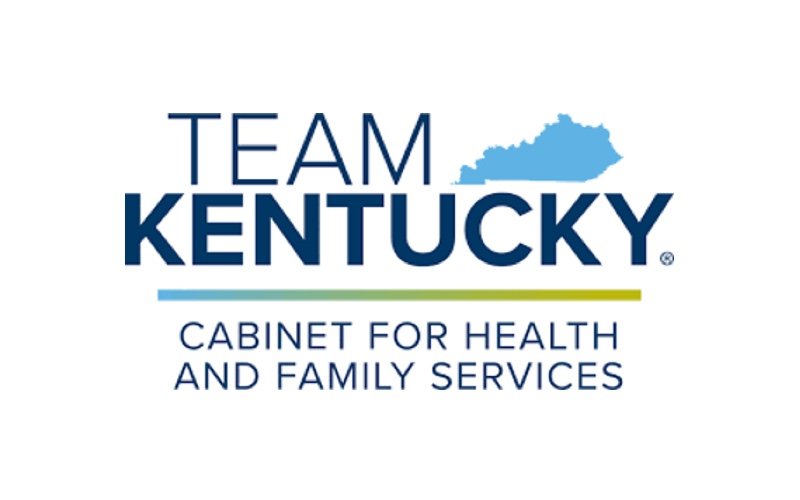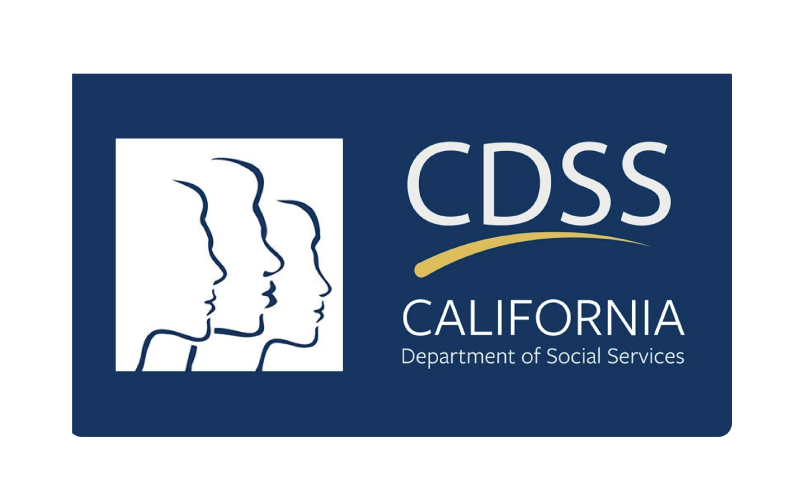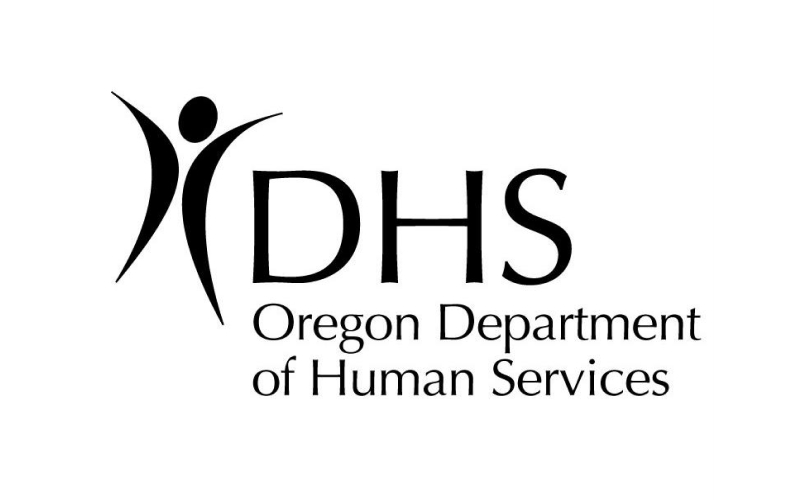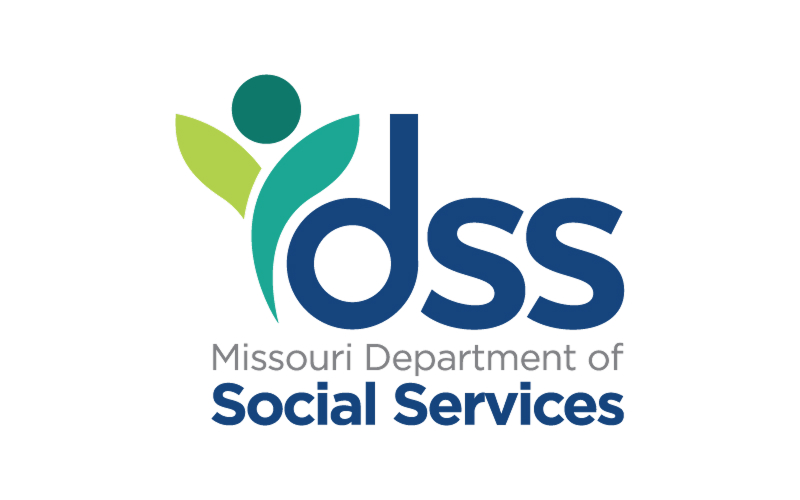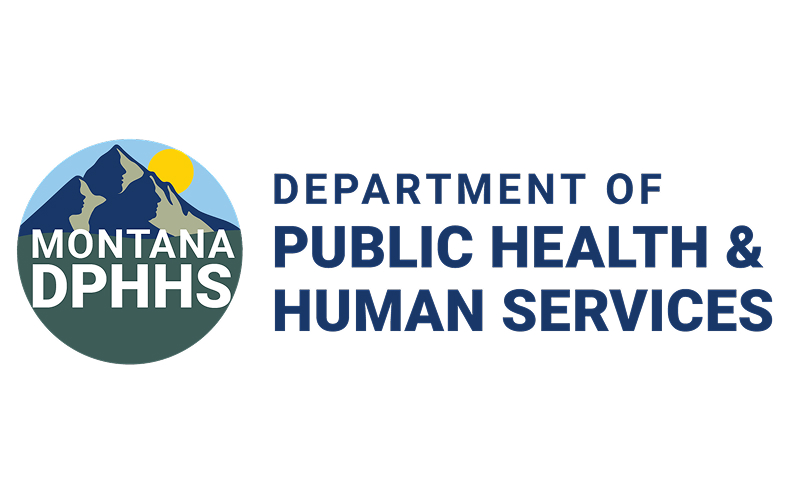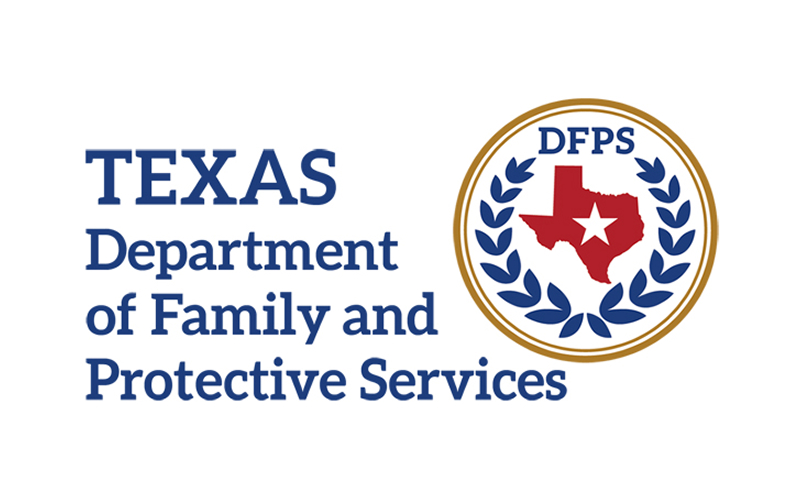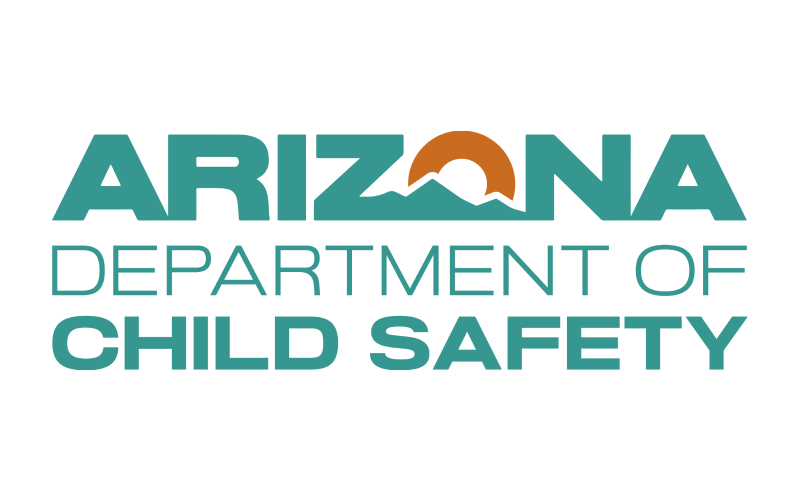Pre-Service Training
Counties and child-placement agencies can choose any pre-service training for foster care, kinship foster care, and adoptive parents as long as the curriculum addresses all of the state content requirements. The state encourages the use of the National Training and Development Curriculum (NTDC) Training for Colorado Foster and Adoptive Parents, but some counties or child-placement agencies choose to use their own curriculum. The curriculum must be approved by the state. CPR and first aid training are also required. For therapeutic and treatment foster parents, the state recommends the Pressley Ridge training (32 hours) and provides train-the-trainer for county and child-placement agency trainers.
There is no additional training required for families transitioning to adoption or guardianship.
Services Offered Through the State’s Post-Permanency Support Program
The Colorado Department of Human Services (DHS) contracts with Raise the Future to offer post-permanency services to families in rural areas who achieved permanency, including families who adopted or are the child’s/youth’s guardian/legal custodian, non-certified kinship families, reunified biological families, and families where parental rights were reinstated. The contract is called Post Permanency Supports and Services (PPSS). County departments who are not included in the rural areas are able to contract with Raise the Future to provide the same services.
Some counties offer their own post-permanency support, including some who also contract with private providers. Adams and Jefferson Counties contract with Raise the Future to provide post-permanency services.
Post-permanency services are also provided by other state departments through Raise the Future. The Colorado Department of Early Childhood Education contracts to provide enhanced services in Arapahoe County. The DHS Behavioral Health Administration funds statewide post-permanency support.
The foundation of the Raise the Future post-permanency support services is Trust-Based Relational Intervention® (TBRI®), a family-based intervention for children/youth who have experienced relationship-based trauma due to abuse and neglect or multiple foster home and group care placements.
Services include:
For more information, visit https://www.raisethefuture.org/family-support/colorado
In addition to the services provided through Raise the Future, the state funds up to 14 days of continuous respite care for foster, adoptive, and guardianship families.
In fiscal year 2023, Raise the Future’s post-permanency program provided 246 families with in-home services.
Geographic Area Covered
Services are available statewide, with some services provided virtually to expand access. Because there are more services already in the larger cities, the state PPSS contract is for the rural regions, including for in-home services. As a result, Raise the Future has more staff in rural areas.
Under the separate contracts outlined above, Raise the Future provides more intensive family navigation services in Adams, Jefferson, and Arapahoe Counties. In these counties, a family navigator offers services with varying levels of support, including intensive support, ranging from in-home coaching about family dynamics to assisting families in initiating or maintaining therapeutic support or concrete resources.
Raise the Future also uses philanthropic dollars to ensure statewide services.
Eligible Population for the Overall Post-Permanency Program
Accessibility
The state has an expectation that services will be delivered in a culturally responsive way to meet the needs of the families being served.
Raise the Future is able to use bilingual staff or interpreters when necessary to serve families who need them. The program offers webinars on interracial adoption and identity. The agency is certified through the All Children-All Families program as providing LGBTQ2S+ inclusive and affirming practices.
The state offers a kinship navigator program, Colorado Kinnected, for kinship-specific services in several counties.
Outreach and Engagement
Counties provide families with information about post-permanency services before adoption or guardianship is completed, typically during discussions about what the child’s or youth’s needs will be. State staff share information with families who call them with concerns or a need for support.
Raise the Future does significant outreach, including attending community events and conferences and training across the state. In addition, families who attend an introductory class about TBRI® are added to the monthly newsletter, which contains information about in-home services.
How the Post-Permanency Program Is Operated
Notes About Who Provides Which Service(s)
State staff provide adoptive parents and guardians/legal custodians with information and referral, including to Raise the Future. Raise the Future provides post-permanency services statewide.
Counties may offer their own services.
Adoption/Guardianship Assistance/Subsidy Review and Changes
Adoption and guardianship assistance agreements are reviewed every three years by the Colorado County Department of Human/Social Services. Families receive written notice from the county of the upcoming review and must respond if there have been any changes in the child’s/youth’s or family’s circumstances.
Adoptive parents and guardians/legal custodians may request changes to the adoption or guardianship assistance agreement based on the child’s/youth’s needs, the family’s circumstances, and the availability of services in the community. Changes in the agreement must be related to the child’s/youth’s original barriers to adoption/guardianship on which the decision to provide assistance was made. Parents must submit the request to the county that provides the child’s/youth’s assistance.
Tracking Adoption/Guardianship Discontinuity
Children/youth previously adopted or in a guardianship who re-enter care are documented in Trails, Colorado’s certified state/county CCWIS network. Children/youth adopted privately, through an intercountry adoption, or children/youth placed in adoption or guardianship in another state are also tracked in Trails.
Post-Permanency Program Spending (FY 2023)
Funding Sources for the Post-Permanency Program (FY 2023)
- Adoption/Guardianship Incentive Program Payments (AIPP)
- Adoption savings (reported on CB 496 Part 4 – Annual Adoption Savings Report)
- Title IV-E funds (including Prevention Services Grant Program/PSGP or IV-E training dollars)



